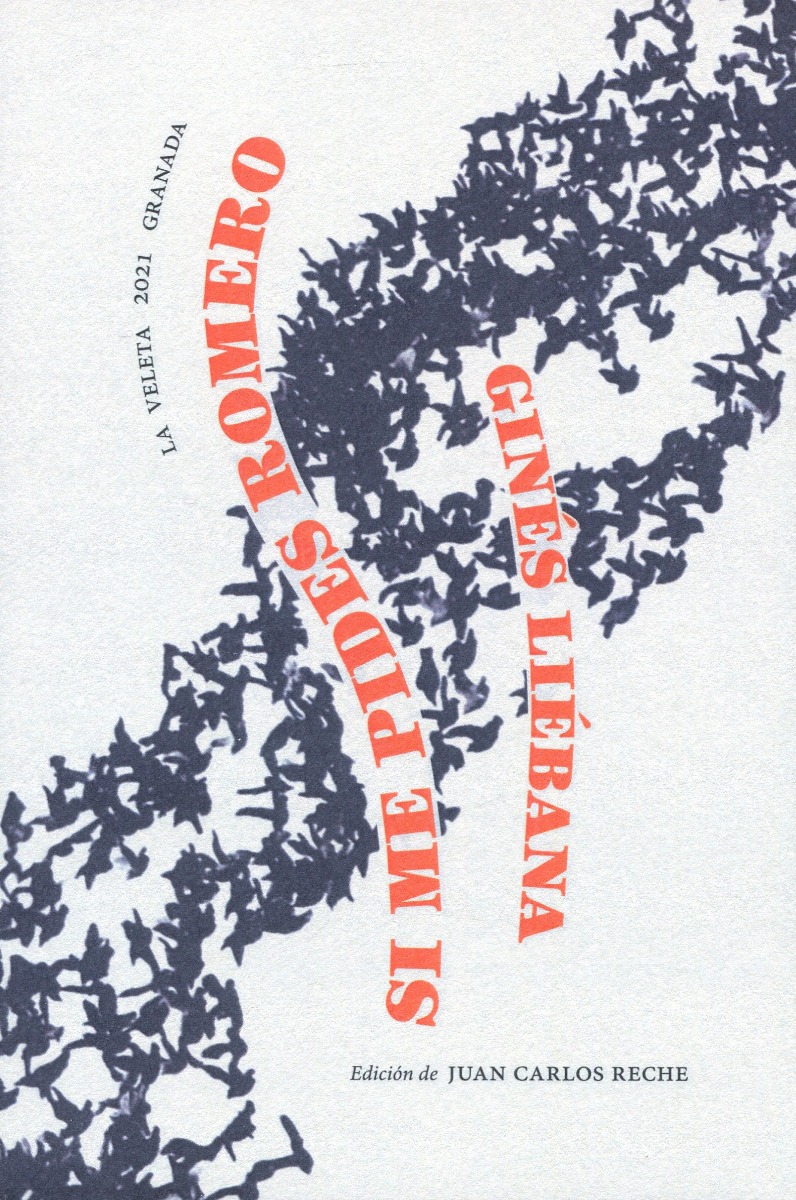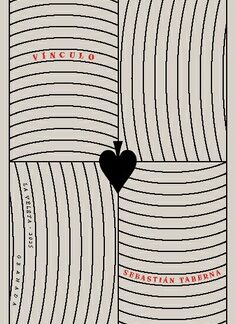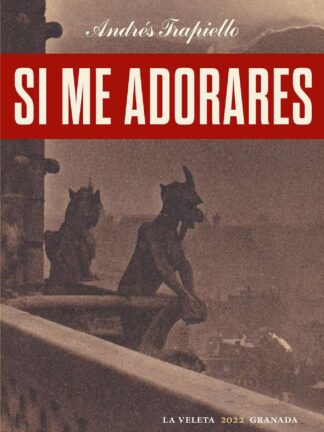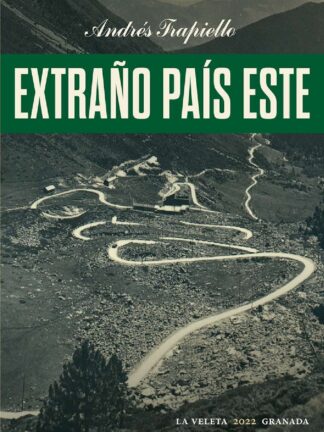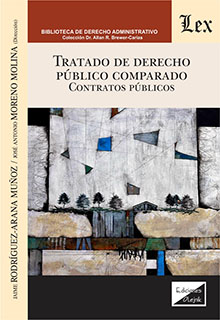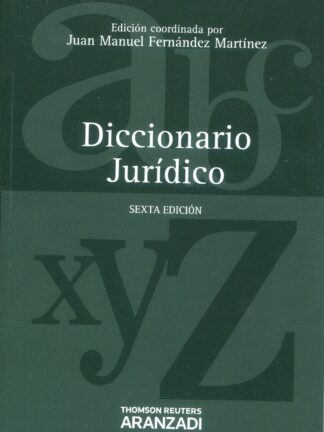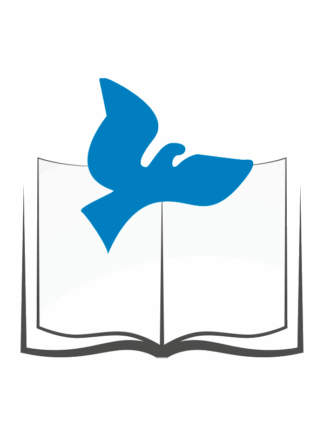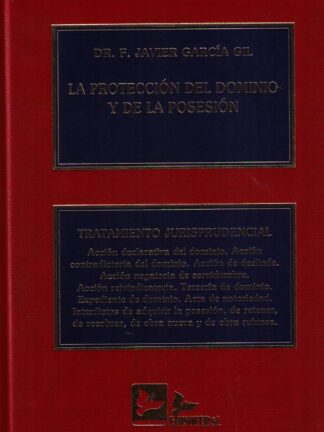Descripción
En las siguientes paginas el lector podra encontrar la poetica de Liebana en estado puro, es decir, ordenada pero libre, en evolucion, siempre in crescendo. En el presente volumen, que recoge poemas y poesias desde los anos cuarenta del siglo xx hasta los anos diez del siglo xxi, desembocan entremezclandose distintas etapas vitales, historicas y estilisticas. Desde los comienzos arromanzados, desacomplejados e ironicos, hasta su version personalisima casi nunca onirica de las vanguardias, llegando a coquetear incluso con el postismo. Desde los poemas con el sello del grupo Cantico, como .Jardin del Guerra., hasta los ultimos, breves y certeros; sirviendose casi siempre de la oralidad, la poesia popular y la puesta en voz o en escena como ingredientes maestros.
Introduction
Aga Skrodzka
Part I. Material Cultures, Technologies, Industries
1. Socialist Domestic Infrastructures and the Politics of the Body: Bucharest and Havana
Iulia Stătică
2. Architecture in Series: Housing and Communist Idealism
Kimberly Zarecor
3. Restating Classicist Monumentalism in Soviet Architecture, 1930s-early 1950s
William C. Brumfield
4. Esfir Shub’s KShE (1932) and the Movement of Energy
Joshua Malitsky
5. Soviet Wall Newspapers: Social(ist) Media of an Analog Age
Birgitte Beck Pristed
6. Red Stars, Biorhythms, and Circuit Boards: Do-It-Yourself Aesthetics of Computing and Computer Games in Late Socialist Czechoslovakia
Jaroslav Švelch
7. Machines, Nations, and Faciality: Cultivating Mental Eyes in Soviet Books for Children
Serguei Alex. Oushakine
Part II. Institutional Discourses, Communist Visions, Theory
8. Who Doesn’t Like Aleksander Kobzdej? State Artist’s Career in the People’s Republic of Poland
Magdalena Moskalewicz
9. «How To» Make Art in Communist China
Vivian Li
10. Visions and Visualization of Sustainability: Leningrad Designers in Search of Soviet Recycling System, 1981-84
Yulia Karpova
11. Shaping the Avant-garde: The Reception of Soviet Constructivism by the American Art Journal October
Pablo Müller
12. A Time Lag of defa-futurum: A Socialist Cine-futurism from East Germany
Doreen Mende
13. The Visitation of the Idea: Badiou on Film and Communism
Rohan Kalyan
Part III. International and Intercultural Dimensions
14. In the Name of Internationalism: The Cinematic Memorialization of Norman Bethune in Socialist China
Xiaoning Lu
15. Listening Between the Images: African Filmmakers’ Take on the Soviet Union, Soviet Filmmakers’ Take on Africa
Lindiwe Dovey
16. Brothers at War: The Images of Prison S-21 (Tuol Sleng) in the Framework of Intra-Communist Conflicts
Vicente Sánchez-Biosca
17. The Constructivist Sartorial Utopia and Its Revolutionary Potential: Then and Now
Djurdja Bartlett
18. «Socialist Realist» Critiques of Neoliberal Shock Therapy: East German Artists Respond to the 1973 Putsch in Chile
April A. Eisman
Part IV. Visual Production and Strategic Spectacles
19. Beauty and Quality for All: A Vision of Fashion under Cuban Socialism
María A. Cabrera Arús
20. Disappearing from the Picture? Female Figures in Pattern Books of the Mao Years
Antonia Finnane
21. The Subject Who Knows: Photographers and Photographed in a Late East Germany
Sara Blaylock
22. Two Worlds: Boris Efimov, Soviet Political Caricature, and the Construction of the Long Cold War
Stephen M. Norris
23. The Lyrical Subversions of Socialist Realism in Dang Nhât Minh’s New Wave Cinema
Dana Healy
24. The Montage Connection between John Heartfield and László Lakner: Artistic Dissidence and a New Leftism in Sixties Europe
Cristina Cuevas-Wolf
25. Visual Regimes of Juche Ideology in North Korea’s The Country I Saw
Travis Workman
Part V. After-images, Memory, Legacy
26. Television and The Good Times of Socialism
Anikó Imre
27. Futures Remembered: Kosmonauts, the GDR, and the Retrospective Impulse
Nick Hodgin
28. Contesting the Cuban Soviet Visual Rhetoric for the Present
Jacqueline Loss
29. Komunistki: Visual Memory of Female Communist Agency
Aga Skrodzka
30. Specters of Europe and Anti-communist Visual Rhetoric in the Romanian Film of the Early 1990s
Constantin Parvulescu and Claudiu Turcuş
31. Lenin in Los Angeles: Counter-Memories, Recycling Socialism
Katarzyna Marciniak
Coda: Flashes of Arab Communism
Laura Marks
Ginés Liébana, es pintor y escritor nacido en Torredonjimeno, Jaén, en 1921, miembro del Grupo Cántico de Córdoba. Asistió a la Escuela de Artes y Oficios.
Posteriormente como pintor forma parte de Cántico junto a los poetas, Ricardo Molina, Juan Bernier, Pablo García Baena, Julio Aumente y Mario López, y al también pintor Miguel Del Moral, (autor de la primera portada de la revista con su dibujo del Ángel del Sur), generación cordobesa humanista. Viajó por todo el mundo: París, Río de Janeiro, Suiza, Lisboa, Venecia… En los sesenta se asentó en Madrid, donde permanece dedicado plenamente a su obra. Su pintura, elaborada, miniaturista, mágica y simbólica, refleja toda su sensibilidad andaluza, intensa, ritual y sensual. En la literatura se mueve magistralmente entre poesía y narrativa. Algunas de sus obras son: Donde nunca se hace tarde, El libro de los ángeles, El mueble obrero: (redoble bárbaro), El navegante que se quedó en Toledo, Resucita loto, Penumbrales de la romeraca-con prólogo dialogado de Vicente Núñez y Carlos Villarrubia. En El libro de los Ángeles, libro colectivo con los ángeles de Liébana como hilo conductor colaboran Miguel Bosé, Nacho Cano,Leopoldo Alas, Luis Racionero, Carlos Villarrubia, Rosa Perales, Lucía Bosé

